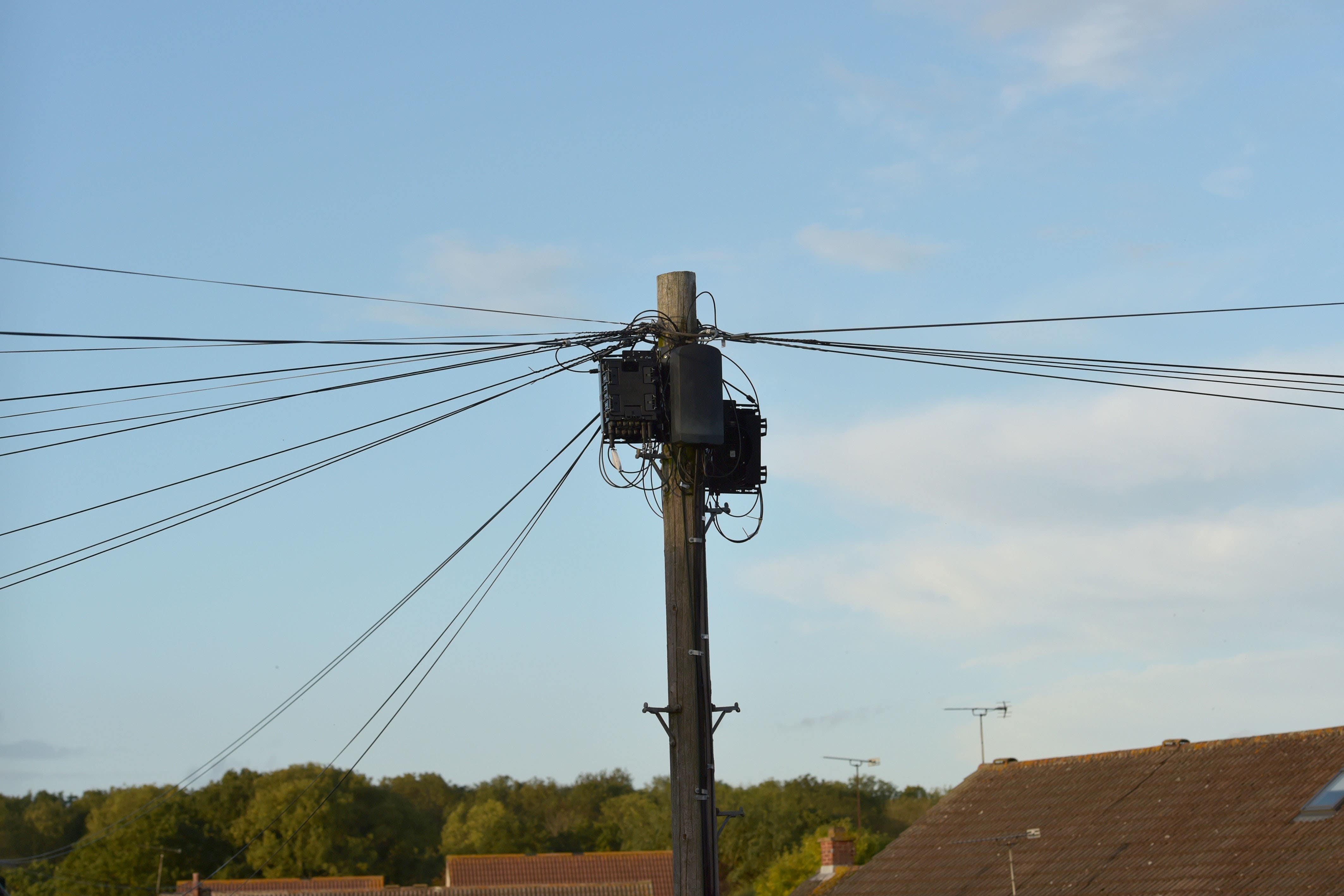Telecoms operators agree to protect Telecare users during digital switchover
The commitment follows a number of ‘serious incidents’ involving the failure of personal telecare alarms.

Phone and internet network operators have agreed to protect vulnerable customers who rely on personal alarms as they switch them from analogue to digital telephone landlines.
Network operators including Openreach and CityFibre have committed to ensuring that those who rely on telecare alarm systems – emergency buttons which automatically call the emergency services when pressed via a user’s landline – are not left without a working device during the migration.
Almost two million people use the alarms in the UK.
The telecoms industry is currently upgrading landline services to new digital technology using an internet connection, such as Voice over Internet Protocol (VoIP), Digital Voice or All-IP telephony.
While telecare systems do work with digital landlines, a power cut or internet drop-out can cause them to fail, while copper phone lines typically continue to work even during power cuts.
In December, telecoms firms including Virgin Media O2 and BT agreed to pause forcing customers on to the new digital phone network following a number of “serious incidents” involving the failure of personal telecare alarms.
Technology Secretary Michelle Donelan said: “The safety of vulnerable customers comes before anything else and that’s why I called on the industry to listen to concerns and take action to make sure the right protections are in place.
The transition to digital landlines is necessary and offers advantages, but it is vital that no-one is left behind as the migration continues
“I welcome more telecoms companies joining forces to make this a priority, meaning we now have agreement from those responsible for our telecoms infrastructure and those providing mobile and broadband services.
“This will provide much needed reassurance to those relying on these vital devices and I will continue to pressure organisations to do everything in their power to make sure the switchover is seamless and safe.”
Digital Infrastructure Minister Julia Lopez said: “The recent incidents that left some people disconnected are unacceptable and must not happen again.
“I hope today’s agreement provides some peace of mind to those affected and reassures the millions of vulnerable people in our country that their concerns have been heard far and wide across the whole industry.”
Which? director of policy and advocacy Rocio Concha said: “We’ve heard of vulnerable people being left unable to contact emergency services due to issues with digital migration, so it is positive that the Government is getting assurances from operators as well as providers that they will protect customers during the switchover.
“The Government and Ofcom must be prepared to take tough action if firms fail to keep up their side of the bargain. The transition to digital landlines is necessary and offers advantages, but it is vital that no-one is left behind as the migration continues.”
Bookmark popover
Removed from bookmarks